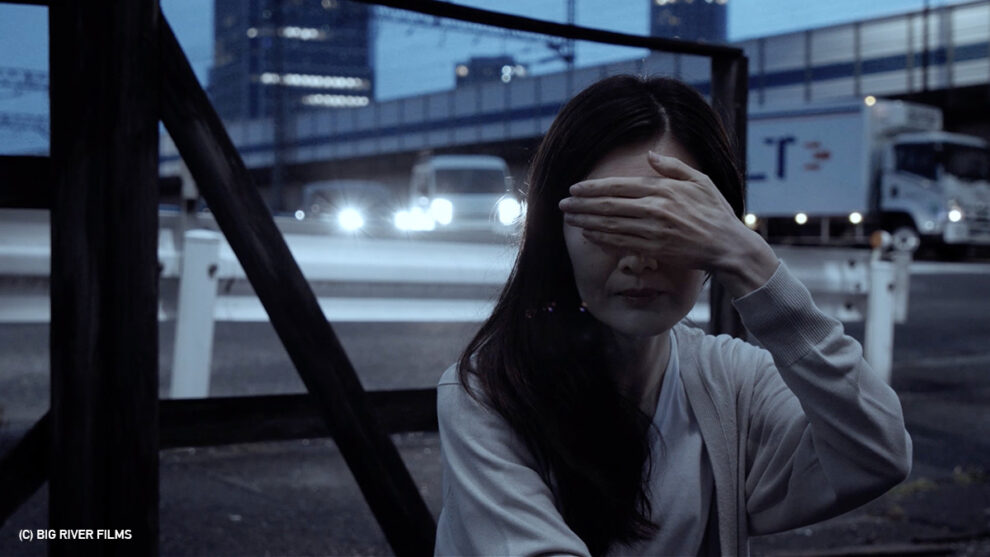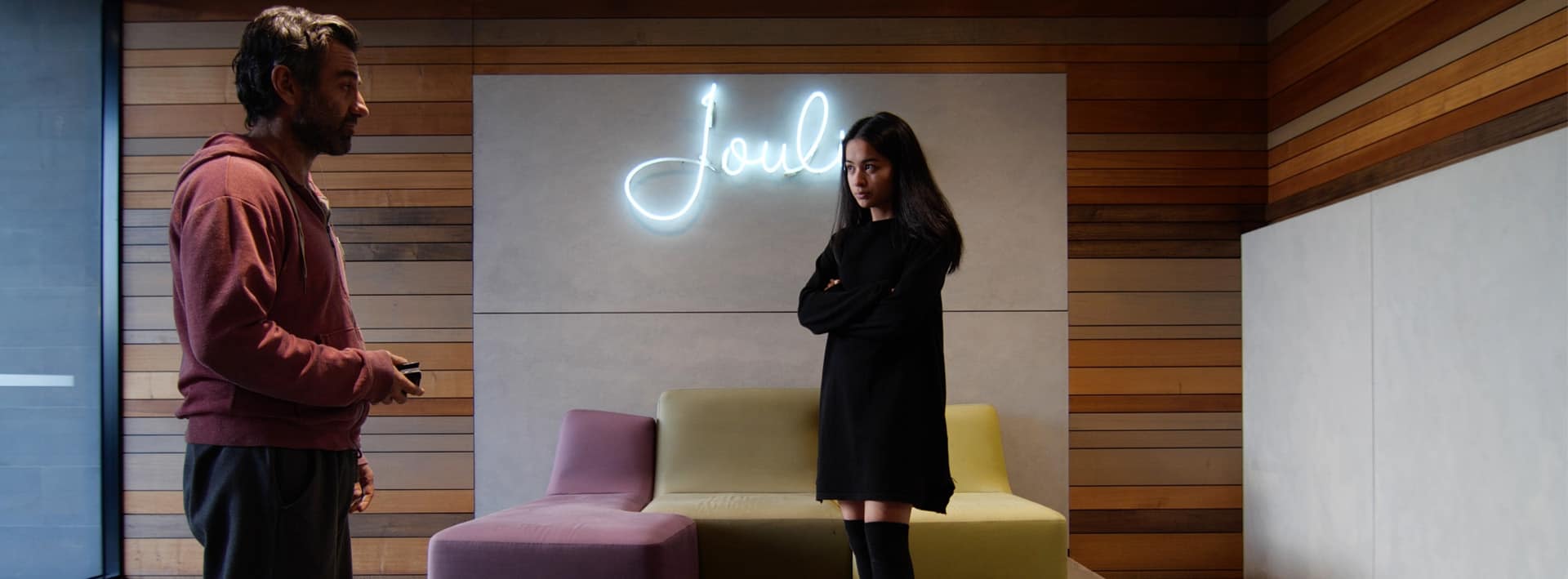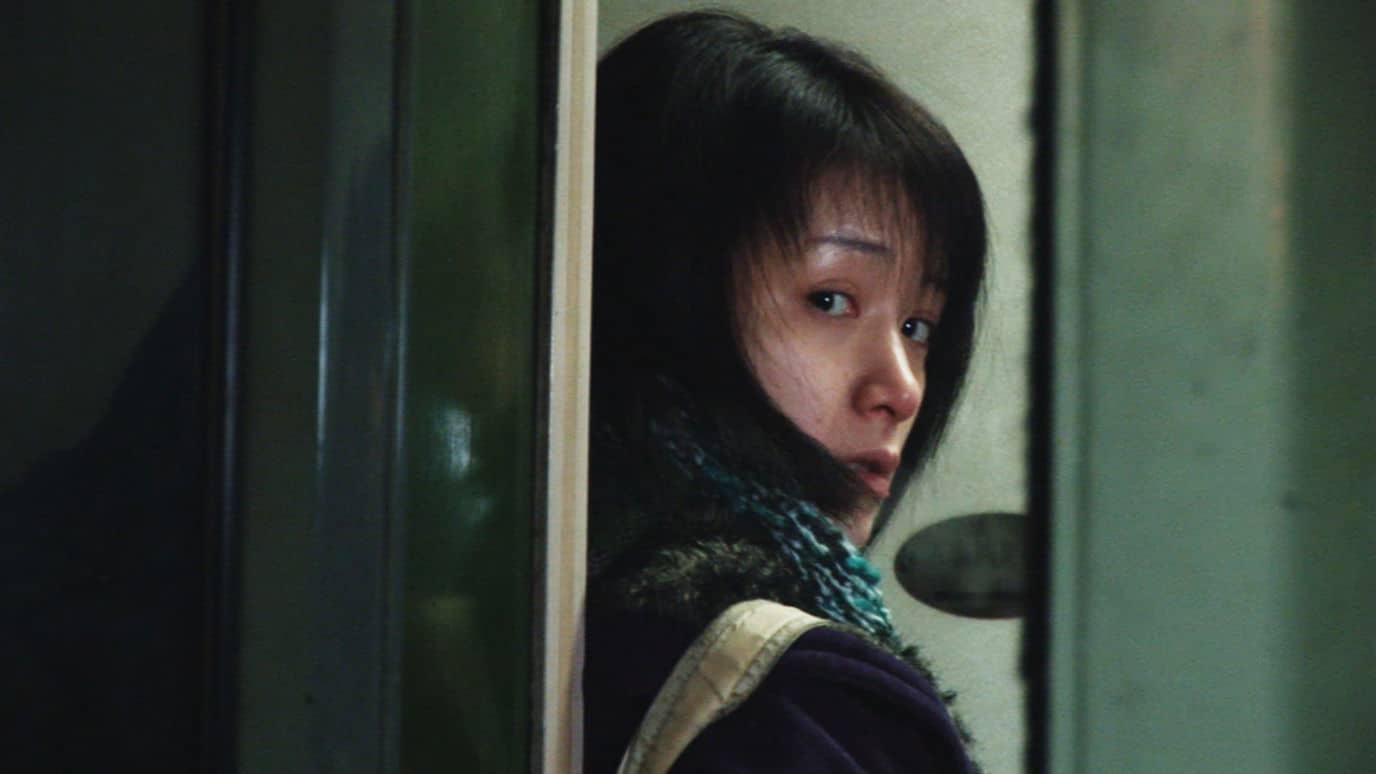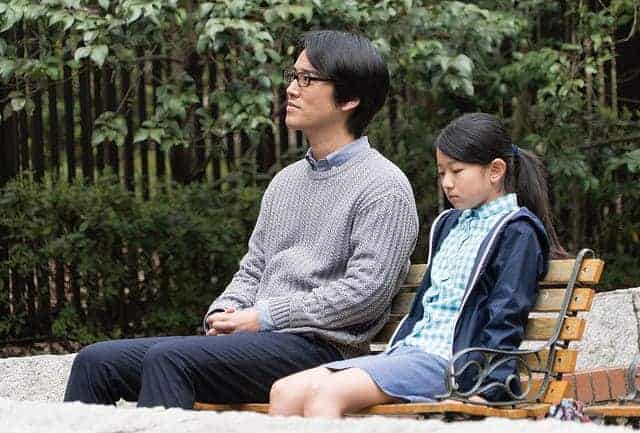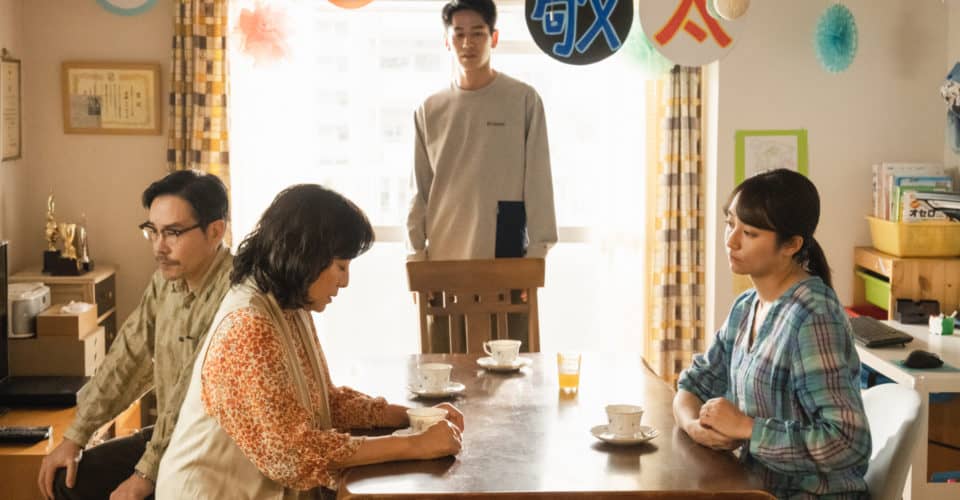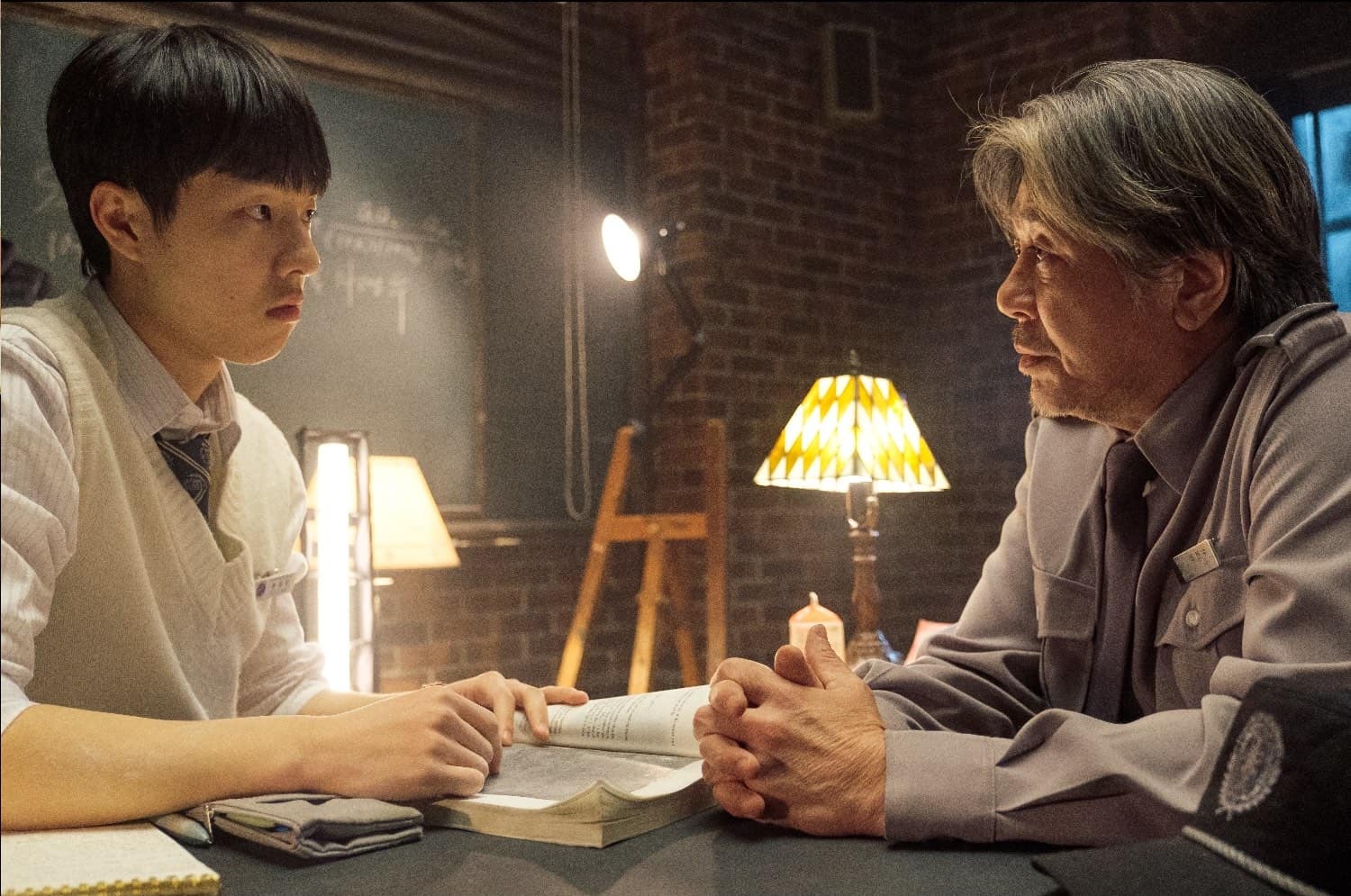Following the excellent “Company Retreat”, which dealt with sexual harassment in the working place, Atsushi Funahashi implements another based on actual events, documentary-like approach where he also functions as writer, DP, sound-recorder, and editor, in order to deal this time, with recidivism and the way ex convicts can function within society after they are released.
Burden of the Past is screening at Osaka Asian Film Festival

Japan has a recidivism rate of 50%. The staff at a magazine called CHANGE, which is run by Takashi Nagata, want to lower that by rehabilitating former prisoners, with Funahashi creating a docudrama focusing on both them and the convicts they try to help, though a year of their workshops, therapy, efforts to get them jobs and a stage performance that serves as the second part of the movie. As he delves more into the whole concept, the difficulties both have to face, both internally and externally, are highlighted in a cruelly realistic fashion, in a way that shows that their goal borders on the impossible. This, however, is also what makes their effort heroic, with the film focusing on this aspect in order to generate drama that echoes as realistic as possible.
As the movie begins, during the pandemic, Mori, a woman who was helped by CHANGE in the past, brings in her sister, Aya, a convicted drug addict with serious psychological issues. The magazine manages to get her work in a cleaning company, as the sector is in dire need of workers due to Covid health requirements. Yoshio, a former teacher, was convicted for indecent acts with a child and is still afraid that he will not be able to stop himself from committing another crime. The organization finds work for him in construction. Anri, an arsonist, and Taku, who was convicted for the manslaughter of a high school student, find work in a Chinese restaurant run by Yura, another convict for a violent crime. They all seem to try to adapt and move on, but the challenges posed to them by their years in prison, as much as from a society who is either ignorant or hostile to their issues, add to the pressure of survival they already feel, frequently with dire consequences.

Meanwhile, their caretakers from the magazine, particularly Saki and June, try to deal with them with patience and understanding, working under the motto “we have the power to retain any criminal”. At the same time, they also conduct group therapy sessions, in an effort to help the ex-convicts come to terms with both their crimes and their current circumstances. The empty chair, a “game” that has them switching positions and telling to an imaginary self what they want to and then replying, results in a number of shocking revelations, even to the participants themselves. The drama therapy, which has them working on a stage play that is to be presented on stage after a year, also moves into the same cathartic direction.
It is the play itself, however, upon its presentation in the last half of the movie, that showcases the most significant problem here, as the Q&A after the show is over highlights the way a rather conservative society thinks about the ability of criminals to change. Starting with people living near the magazine offices complaining about how criminals come and go all over their neighborhood (in an aspect that will remind of the history of Jesus to many), and continuing with ones that believe that the ex-convicts should take even more responsibility for their crimes (probably referring to suicide), the opinions of the public are made abundantly clear. When the audience leaves, however, the sayings become even more intense, with secrets revealed, and the caretakers also showing the pressure they also feel, and not only for the financial issues the magazine faces.
The combination of realism, as presented by the intense documentary-like elements here (intertitles introducing the characters, occasionally shaky camera), the drama, as highlighted by the intensely episodic nature of the first part, and the meta aspect, through the stage play, is handled excellently by Funahashi, in a testament to both his direction and the quality of the editing here. This combination is also the one that allows the movie to not feel particularly long, despite its 125 minutes of duration and the rather heavy theme.
Furthermore, Funahashi manages to draw a number of excellent performances from his actors, who show a wonderful sense of measure that is quite unusual for a Japanese film of the genre. Taku Tsuji as Taku is definitely the one who stands out through his inner struggle and his many failings, with the scene where he meets the family of his victim being one of the strongest in the movie. Closely behind is June Kubodera as June, with her essentially desperate effort to help Taku echoing the mentality of the whole organization.
“Burden of the Past” is an excellent movie that manages to avoid the reef of the melodrama by including intense documentary elements, with Funahashi showing that his “one-man-show” is getting better and better with every effort.


